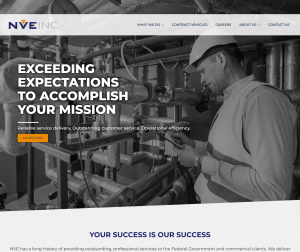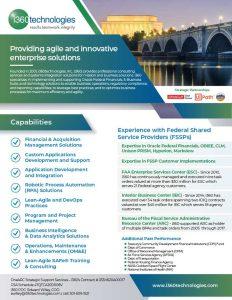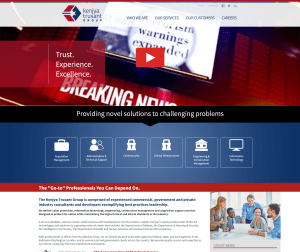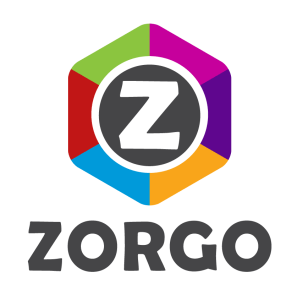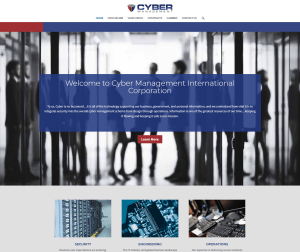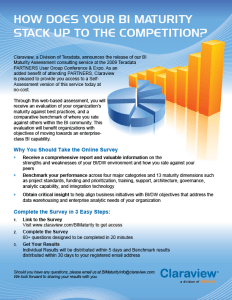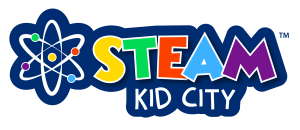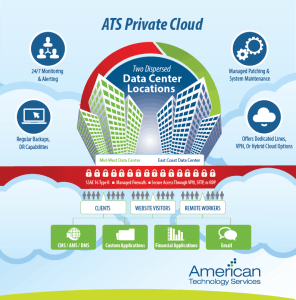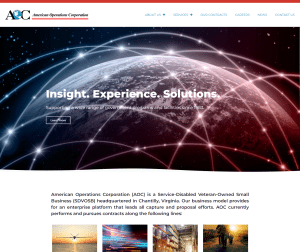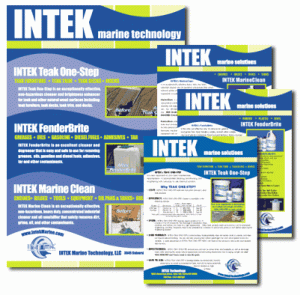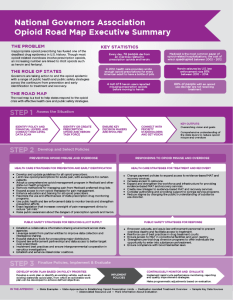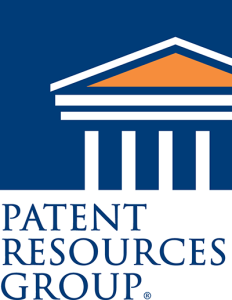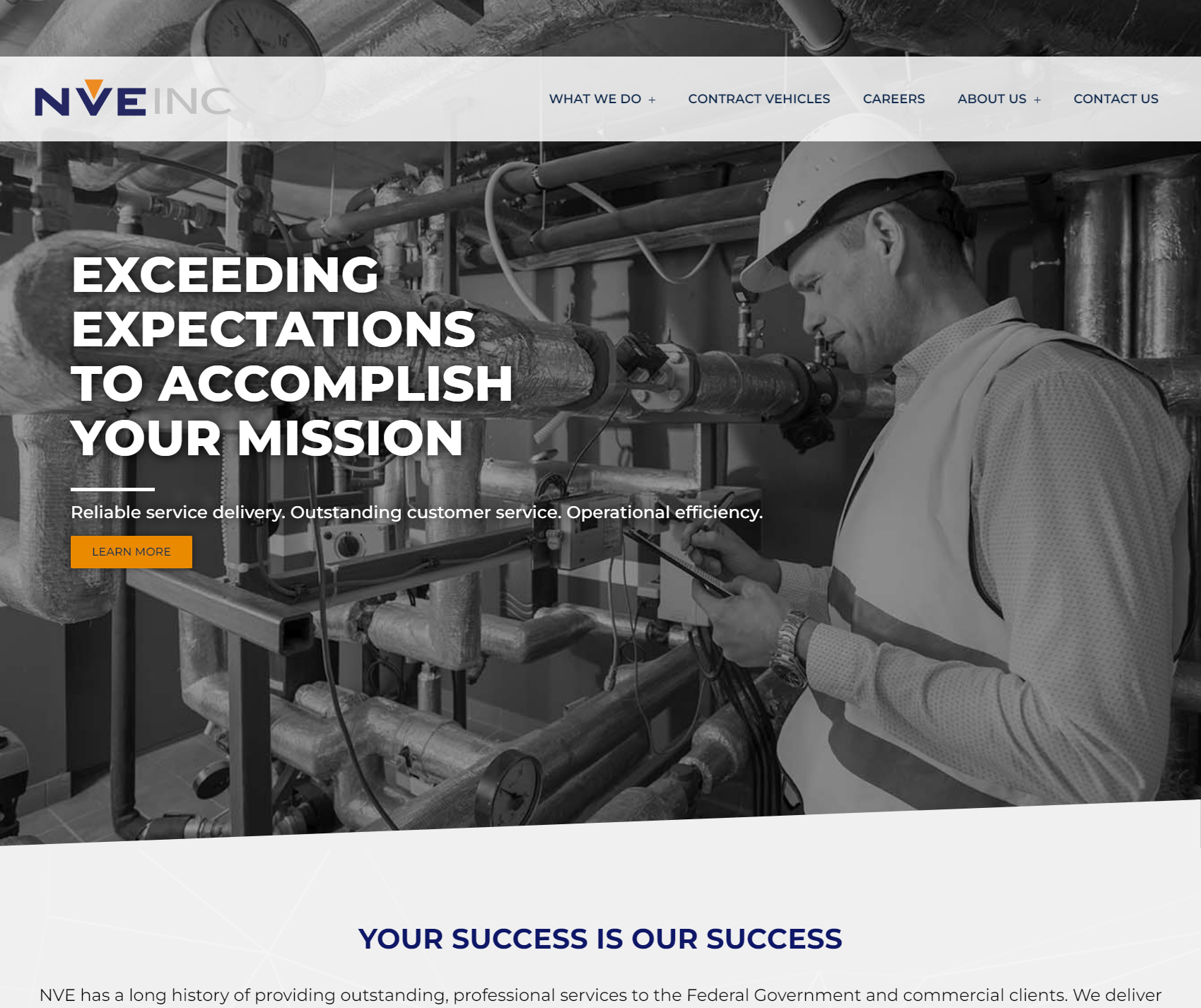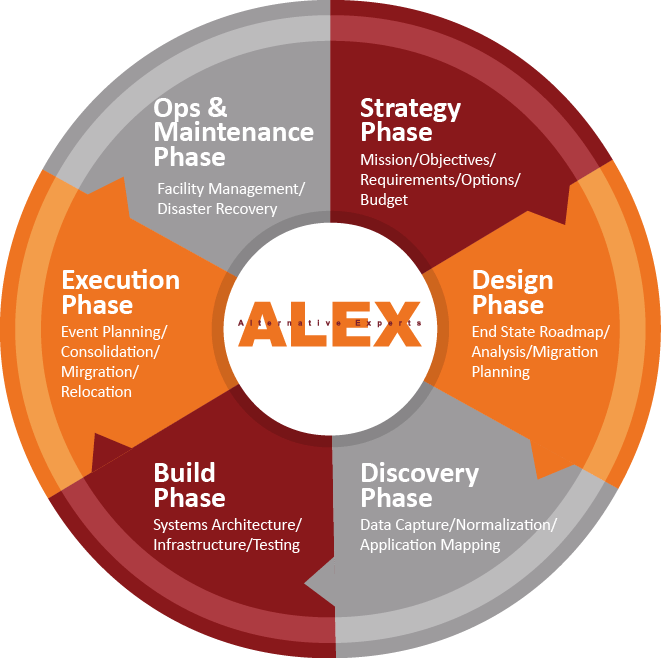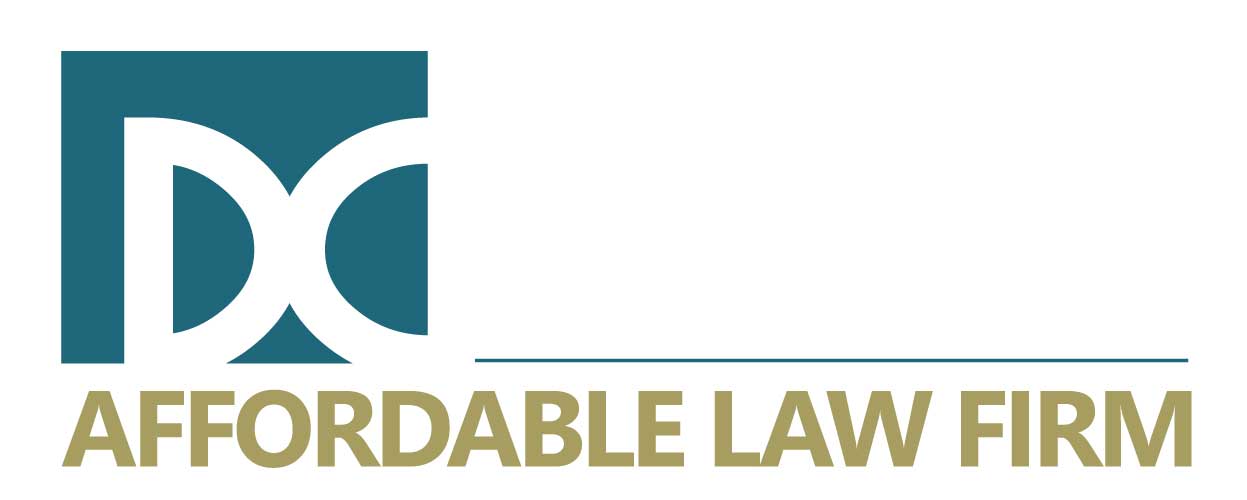It seems like databases are just about everywhere and more and more websites are taking advantage of the additional functionality and interactivity that adding a database to a website can offer. Of course, not every website needs a back-end database, but from simple lists to complex catalogs, customer lists, shopping carts, reports, employees, job openings, faqs, press releases and news, calendars, blogs, photo galleries, etc., adding a database to a website or extranet can certainly help to catapult your website to the next level.
What is a Database?
A database is a structured collection of data or information held in a computer and organized in a way to provide efficient and easy access to the data.
Relational Databases
A relational database is a collection of data/information structured in various tables that have relationships to one another. Many of the database tables “relate” to one another in these predefined relationships. Each table in a relational database has a “primary key.” A table’s primary key can be used to define a relationship of the key’s information to the data in another table. Relational databases are often faster and more efficient than flat databases and are created and queried by database management systems (DBMS).
Structured Query Language (SQL)
Structured Query Language is the programming language used to communicate with a database. It is the standard language for relational database management systems and can perform tasks such as inserting and updating data into a database and to retrieve data from a database.
Types of Relational Database Management Systems for Websites
There are various relational databases available for use on a website. Some are open source & free to use and others are available for a fee. Here are a few of the more popular relational databases used on websites today:
- MySQL: MySQL is a freely available and open source relational database management system owned and distributed by Oracle Corporation.
- PostgreSQL: PostgreSQL (Postgres) is a traditional & open source relational database management system
- Microsoft SQL: Microsoft SQL (MS SQL) is a relational database management system developed and distributed by Microsoft. There are various packages and prices available.
- Oracle: Oracle is a relational database management system developed and distributed by Oracle Corporation. There are various packages and prices available.

